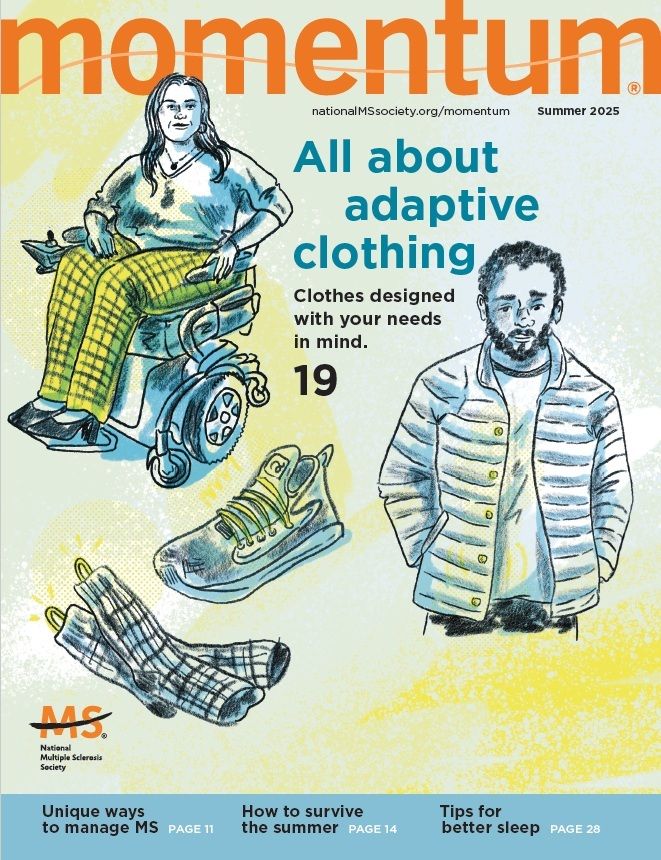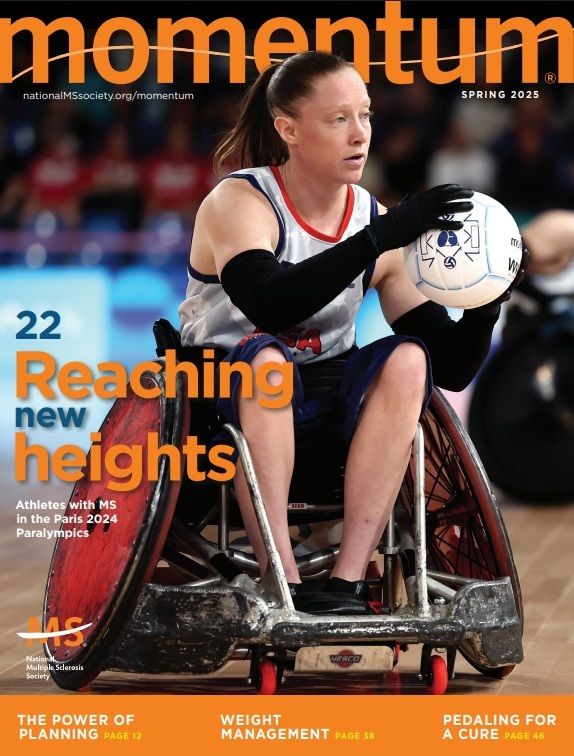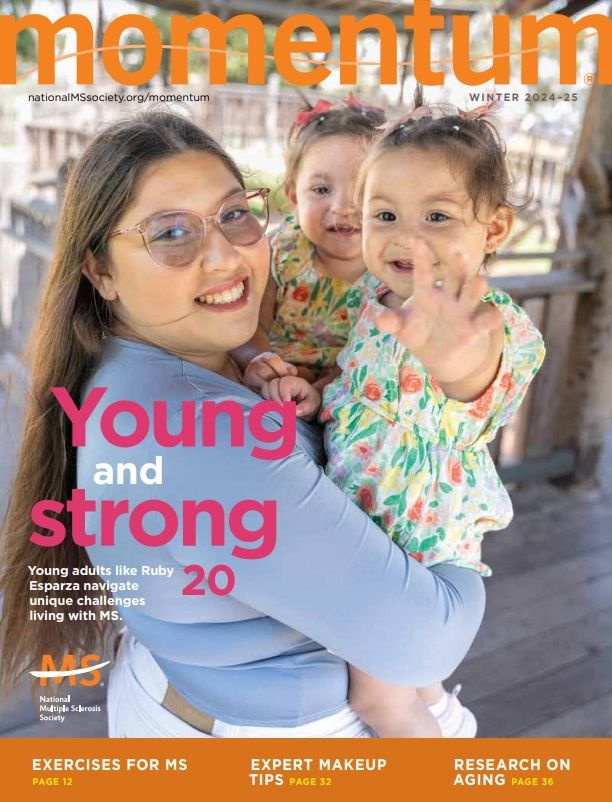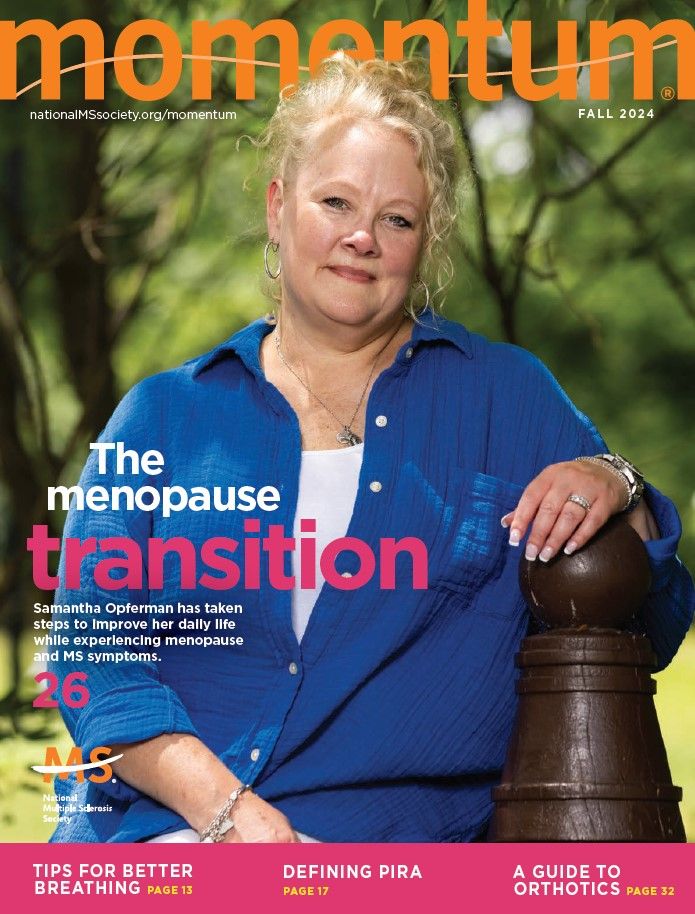Women Shaping the Landscape of MS
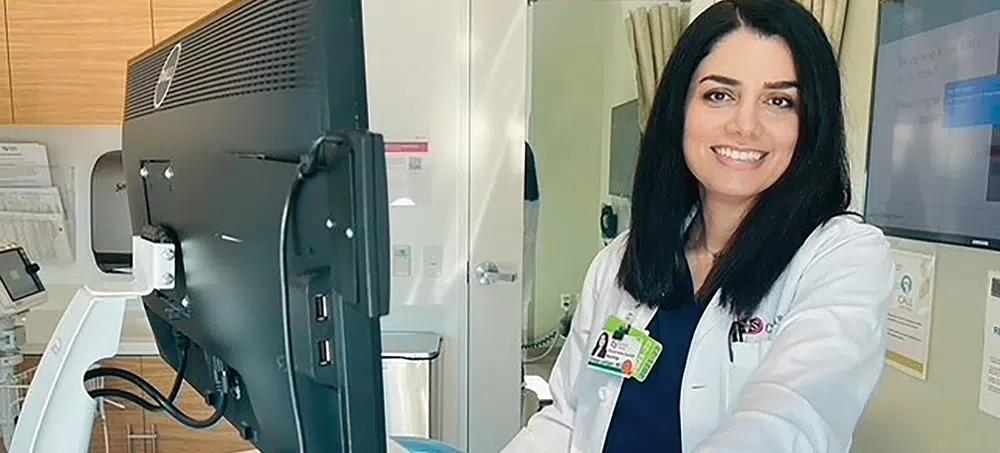
Research Fellows
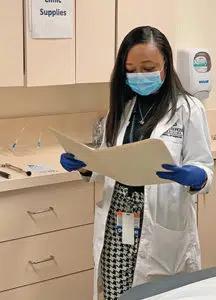
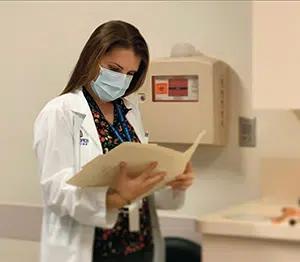
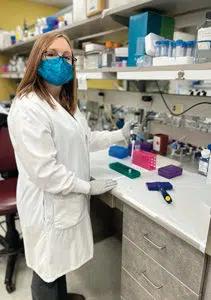
Langley became drawn to MS research as part of her overall interest in neurological diseases. When she was growing up, her stepfather had a spinal cord injury. She saw very few treatments for neurological injuries and a need for more research to help develop treatments.As a graduate student at Iowa State, Langley began her research into the link between toxicology and neurological diseases, focusing on Parkinson’s disease. Now, as part of her three-year postdoctoral MS Society research fellowship at the Mayo Clinic in Rochester, Minnesota, Langley is looking at how to repair myelin — the protective sheath around nerves that’s destroyed or damaged by MS.“I think myelin regeneration is one of the more feasible repair approaches in people with MS,” she says.Research shows that myelin is damaged by inflammation in the brain or spinal cord. Remove the inflammation, and the theory is that it’s easier for myelin to repair itself. Meanwhile, obesity, which promotes inflammation in the body, has also been shown to influence the central nervous system. And high-fat diets can lead to inflammation and obesity, creating a circular effect.Langley’s current research looks at how high-fat diets in rodents contribute to the loss of myelin cells. She says these types of diets may also influence disability and MS disease progression. In addition, she’s published several papers about her research, including one in the Journal of Neuroscience in October 2021.Langley’s research could potentially lead to new medications that could counterbalance the effects of a high-fat diet or obesity on the development of MS and disease progression. In the future, she’d like to operate her own lab that would study how other metabolic and environmental factors, such as high blood pressure or exposure to pesticides, contribute to MS and other neurological diseases.
Clinical Fellows
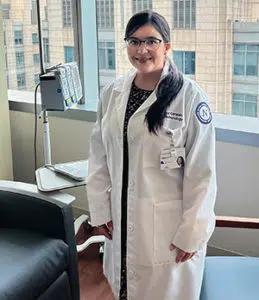
“I really like how the MS field is linked to both basic sciences and clinical practice. It relies a lot on a patient story and physical exams,” she says. “An MS specialist and neuroimmunologist can have a life-changing effect on patients’ lives.”Perez Giraldo is also encouraged by the rapid growth in MS research and treatment. “It’s exciting, complex and intellectually challenging,” she says. “I feel inspired by the advances in the understanding of the disease and treatments that have been achieved in such a short period of time, and also the extraordinary potential of research because so much is still unknown.”Perez Giraldo came to the United States in 2017 to do her neurology internship and residency at the University of Oklahoma. She’s now in the midst of a Society clinical care fellowship in MS and neuroimmunology at Northwestern University.“I chose Northwestern because it has very comprehensive MS care,” she says. In Northwestern’s busy MS clinic, she works with four attending physicians, a pediatric neurologist, a neuroinfectious disease doctor and a neurorehabilitation specialist. She sees up to 35 patients a week, which gives her both comprehensive diagnosis and symptom management training.“I’ve learned a lot about how it’s not only having the disease but also managing the symptoms, which can be very challenging,” she says. “I aim to learn about symptom management and be able to improve their quality of life.”As a native Spanish speaker, Perez Giraldo also wants to cross language barriers and advocate for her Hispanic/Latinx patients. “I’m aware of the healthcare disparities with minorities. I have seen how poor access to care has led to disability in many patients with MS, and especially those who have a language barrier,” she says.Ultimately, Perez Giraldo wants to work at a university hospital as a leader in MS research and clinical training for doctors worldwide and as a representative for women and minorities.“Working with disadvantaged populations is a social commitment for me, as it reminds me of my experience in my own country,” she says. Giraldo notes that the telemedicine training will help her provide specialized care to patients in rural areas or who can’t afford in-person clinic visits.







